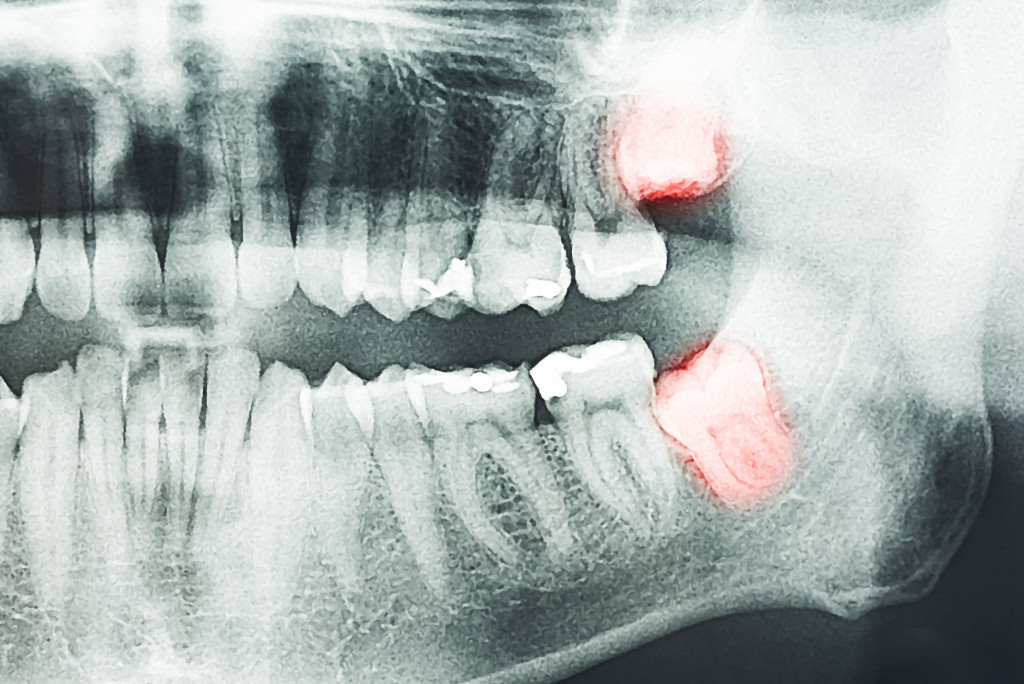- Schedule time off work or school and arrange for a ride home after the procedure
- Have soft foods and liquids ready in advance to consume post-extraction
- Stock up on painkillers and cold compresses before extraction
- Keep head elevated during recovery period using pillows
- Use ice treatment for 15 minutes at a time with 15-minute breaks in between
Getting your wisdom teeth removed can be a daunting experience. It’s a common procedure to prevent future problems, but it can be painful and uncomfortable during recovery. With these five tips, you can make your recovery period as comfortable and easy as possible.
1. Proper Preparation
Before the wisdom tooth extraction, it’s essential to prepare yourself adequately. This is because the surgery is a delicate procedure that needs to be done properly.
Here are some tips on how to properly prepare for a wisdom tooth extraction:
Schedule Time off
Take enough time off from work or school after the procedure to rest and heal properly. Depending on your recovery, you may need to take a few days or weeks off from work or school to recover fully without feeling overwhelmed.
Arrange for Transportation
Ensure you have someone to drive you home after the procedure since anesthesia will be used during the extraction. Although it’s not necessary to stay at the hospital overnight, transportation is still essential so that you have an easy and safe ride home afterward.
Have Soft Foods and Liquids Ready
Prepare soft foods such as mashed potatoes, soup, and puddings in advance, as well as lots of liquids to keep you hydrated. These foods are easier to consume after the extraction since chewing is not recommended for a few days following the procedure.
Stock up on Painkillers and Cold Compresses
Buy over-the-counter painkillers beforehand so that you can take them immediately after the extraction to reduce discomfort and swelling. Cold compresses can also help reduce inflammation, so make sure to have a bag of ice or cold water bottle ready at home too.
2. Keep Your Head Elevated
Keeping your head elevated after surgery is a crucial part of the recovery process of your wisdom tooth extraction. Use pillows to prop your head up to prevent blood from pooling in the extraction area. This can help reduce swelling and pain. Avoid resting your head directly on the pillow, which can cause improper blood flow. Sometimes, you may need an adjustable bed frame to raise your upper body while lying down. If so, elevate your head at least 6-8 inches above your heart. This will provide relief and promote healing in the area of your surgery.
3. Ice Treatment

Applying ice to your cheeks can also help reduce swelling and discomfort. Use an ice pack for 15 minutes, with 15-minute breaks in between. This can help ease the pain and swelling associated with wisdom tooth extraction. Make sure to wrap the ice pack in a towel so it doesn’t directly contact your skin. It is also important to be mindful of the temperature, as too-cold temperatures can cause further discomfort. Ice treatment should not be used for more than 48 hours after extraction.
After this time period has passed, you may switch to applying heat instead. Heat can help improve circulation and reduce stiffness in the area. Be sure to use a heat pack with caution, as too much heat can cause additional irritation. With careful use of both ice and heat treatments, you can help your wisdom tooth extraction site heal faster and more comfortably.
4. Avoid Certain Foods
After your wisdom teeth extraction, it’s essential to avoid certain foods. Hard, crunchy, or chewy foods could damage the surgical site and cause bleeding or pain. Stick to soft foods such as yogurt, soup, mashed potatoes, and pudding to ensure proper healing.
5. Consider Durable Tooth Implants

If you’ve had an extraction due to an impacted wisdom tooth, you may need a durable tooth implant to prevent issues such as bone loss and shifting teeth. A dental implant is one of the most effective ways to replace a missing or extracted tooth. The implant is placed into the jawbone and acts as a root for the new tooth. Speaking with your dentist about tooth implant options and the best way to maintain a healthy smile is important.
To Wrap It Up
Removing your wisdom teeth can be a stressful experience, but proper preparation and after-care can make all the difference. Keeping your head elevated, using ice treatment, avoiding certain foods, and considering durable tooth implants are just a few ways to make your recovery process easier and more comfortable. If you have any concerns, don’t hesitate to speak with your dentist or oral surgeon to clarify any questions or doubts.




